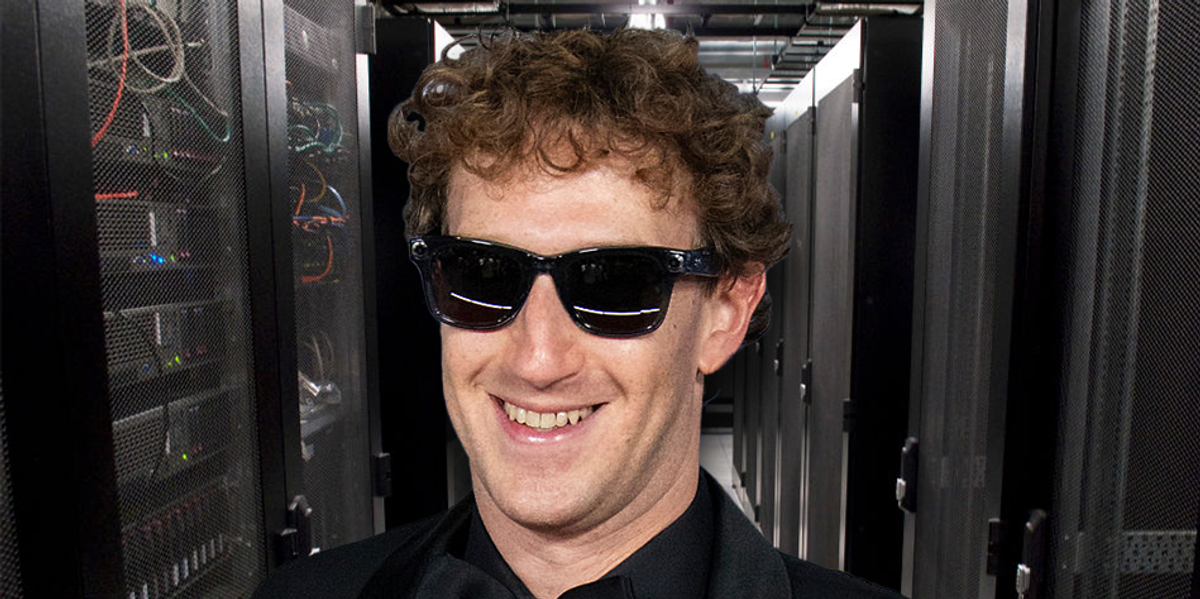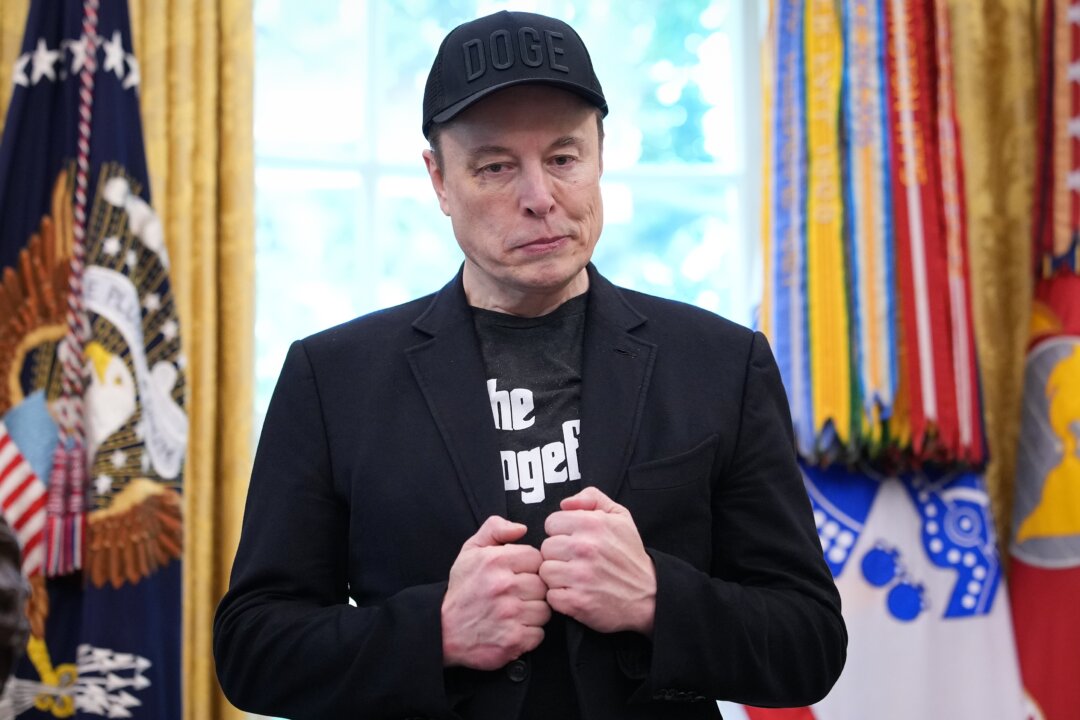

Meta CEO Mark Zuckerberg is set to risk it all and hopes to bounce back from recent AI-related shortcomings with what he is calling "hundreds of billions" of dollars' worth of investments.
Llama — Meta's answer to public AI models like ChatGPT and DeepSeek — was not nearly as successful as the Facebook founder hoped, and with Zuckerberg still pushing his dream of augmented reality, he is hoping to get ahead in the field of "superintelligence," popularized a decade ago by the tech philosopher Nick Bostrom and embraced in recent years by the likes of Zuckerberg.
'We're also going to invest hundreds of billions of dollars into compute to build superintelligence.'
By most accounts, including sources he has cited, Zuckerberg has started a new team of top AI talent, paying them as if they were star NBA players.
SemiAnalysis said the typical offers Zuckerberg is throwing out are about $200 million over four years, 100 times more than the usual payout in this field. There have even allegedly been some billion-dollar offers that were turned down by top researchers and engineers from competitor OpenAI.
The new team will focus on AI systems that can perform intellectual tasks at a level meant to compete with the smartest humanity has to offer against machines, with the hope of surpassing human abilities.
This superintelligence team is coupled with gigantic investments in another adjacent sector, which has turned into an arms race in the tech sector.
RELATED: Trump bets big on AI to make America dominant again
 An Amazon Web Services data center in Manassas, Virginia, in 2025. Photographer: Nathan Howard/Bloomberg via Getty Images
An Amazon Web Services data center in Manassas, Virginia, in 2025. Photographer: Nathan Howard/Bloomberg via Getty Images
"For our superintelligence effort, I'm focused on building the most elite and talent-dense team in the industry," Zuckerberg wrote on Threads, his X-like platform. "We're also going to invest hundreds of billions of dollars into compute to build superintelligence."
To do this, Zuckerberg will throw money at the procurement of data centers, in the hope of competing with companies like Amazon, Microsoft, and Oracle, the biggest names in the game.
"We're actually building several multi-[gigawatt] clusters," Zuckerberg wrote, referring to the data centers. "We're calling the first one Prometheus and it's coming online in '26. We're also building Hyperion, which will be able to scale up to 5GW over several years."
These data centers are gigantic. Zuckerberg showed a graphic displaying the Hyperion Data Center, which will call Richland Parish, Louisiana, its home and is almost the size of Manhattan.
According to Netizen, Zuckerberg will bring 500 jobs to the region, paying about $82,000 per year.
RELATED: Mark Zuckerberg's multibillion-dollar midlife crisis
At the same time, Meta spokesperson Ashley Gabriel told TechCrunch that Prometheus is located in New Albany, Ohio.
These massive data center complexes will run the advanced AI models at an unprecedented scale, which of course will require massive amounts of energy to power them.
If Meta is to compete with Amazon and Microsoft in this space, they likely need to poach significant amounts of power from local sources, which has already become a big issue on the Eastern seaboard. Alternatively, Meta might need to build its own small modular nuclear reactors, which, while costing billions, could power the data centers while pleasing the surrounding community at the same time by lowering their energy prices through providing auxiliary power.
"We're dealing with enormous quantities of energy demand," Blaze Media's James Poulos said. "AI inference consumes a lot, and training even more. There's no clear way to come close to meeting anticipated needs without something like a national nuclear industrial program. And that's before you start tallying all computational demands on electricity generation."
According to a recent International Energy Agency report, next year's increase in consumption across AI, crypto, and data centers "could amount to between 160 and 590 TWh compared with 2022. This is equivalent to the electricity consumption of Sweden (low estimate) or Germany (high estimate)."
Like Blaze News? Bypass the censors, sign up for our newsletters, and get stories like this direct to your inbox. Sign up here!
.png)
 8 hours ago
3
8 hours ago
3















 English (US)
English (US)